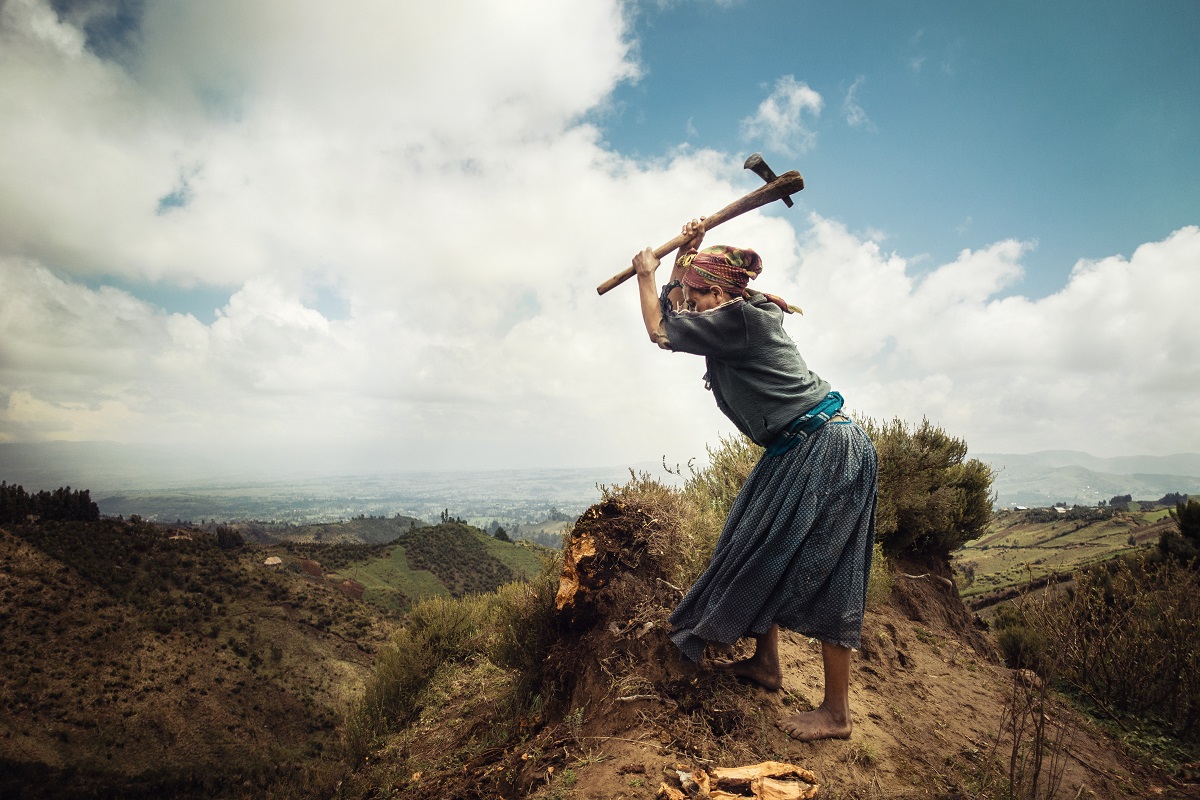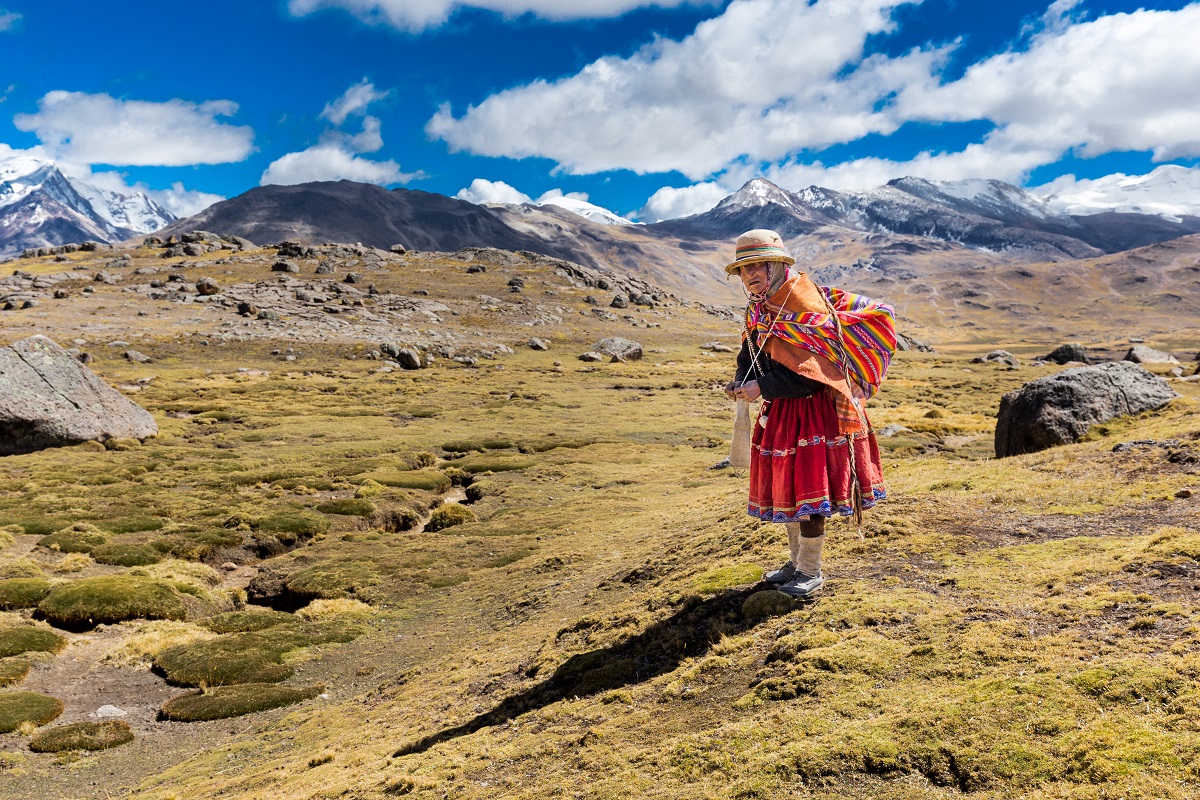We are amidst a severe, global interconnected crisis of biodiversity loss, climate change, land degradation and desertification, pollution and inequality. Those most affected are sectors of society in situations of vulnerability, including Indigenous peoples, local communities, women and girls. The rampant destruction of nature endangers human well-being and the realisation of fundamental rights, ultimately risking our chance to achieve a just and sustainable world.
Despite the key role women play in climate resilience, biodiversity conservation, combatting desertification, land degradation and drought, preserving seeds and promoting agroecology, most rural women do not own land and their activity is not considered productive. This exposes them to poverty, hunger, gender-based violence and displacement. It is a clear obstacle to the sustainable use of natural resources and rural development.
In agriculture, it is mostly still men who speak for women.
According to the UN Food and Agriculture Organization, almost one third of employed women globally work in agriculture, including forestry and fishing, yet less than 13% of agricultural landholders are women. Numbers vary widely. In Latin America and the Caribbean (LAC), women account for over 30% of agricultural landholders in just a handful of countries, and well below 15% in most of them. Women own less land, and they also receive less financial support and technical assistance. Rural women in LAC for instance, receive approximately 10% of the credit and 5% of the technical assistance.
Though many countries have acknowledged this issue and reformed legislation on land, civil and family codes to recognise legal equality including for property rights, important gaps in land tenure persist. There is formal equality, but culturally men are still often considered as ‘in charge’ of a family’s goods. It is mostly still men, especially in agriculture, who speak for women.





Add new comment